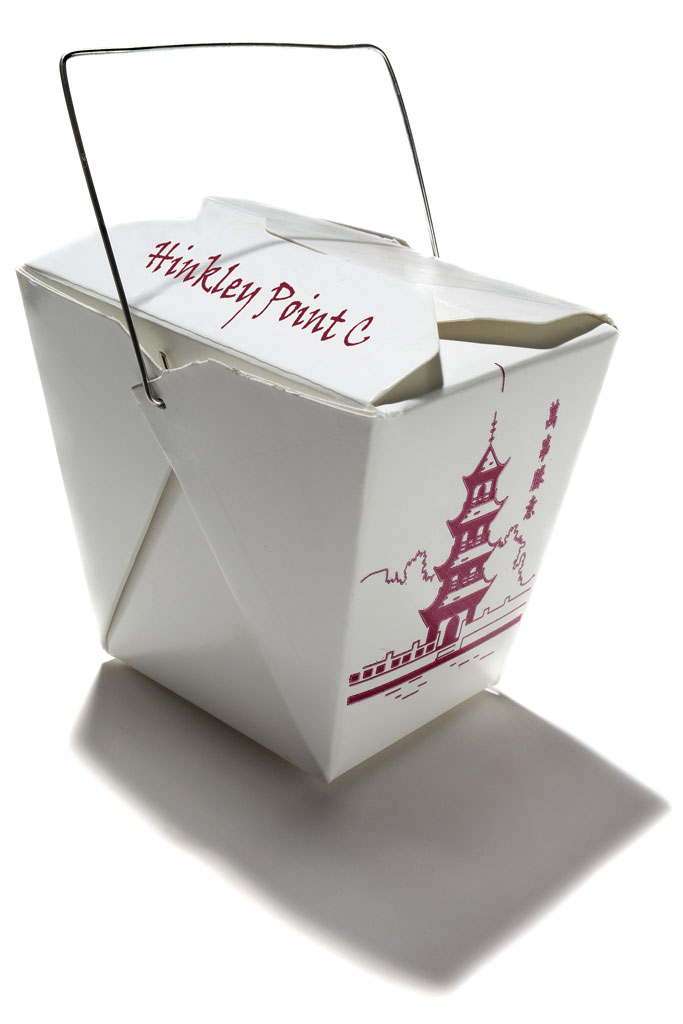
Tim Malloch considers the implications of the Hinkley Point C decision
Climate change is relatively uncharted territory for courts and lawyers. Surprising things can and do happen. In 2008 six Greenpeace protestors arrested for attempting to paint a slogan on the chimney of a coal power station in the UK successfully defended criminal damages charges on the grounds that they were trying to prevent climate change causing greater damage to property around the world. This year a Dutch court ruled that the Netherlands had to take more action to reduce the greenhouse gas emissions and ensure that the Dutch emissions in the year 2020 will be at least 25% lower than those in 1990. Seemingly robust political decisions become increasingly vulnerable when exposed to the science of climate change and the due process of litigation.
The Austrian challenge
In April 2014 the European Commission excluded the nuclear industry from the guidelines on state aid for environmental protection and energy 2014-2020 on the grounds that it did not have sufficient experience to lay down








